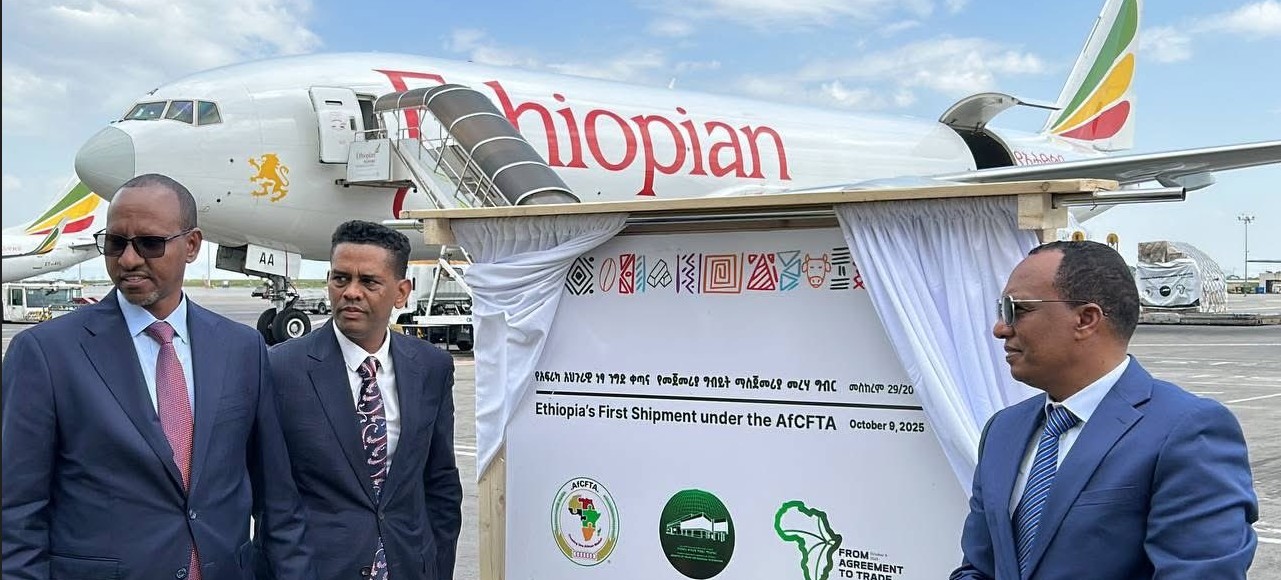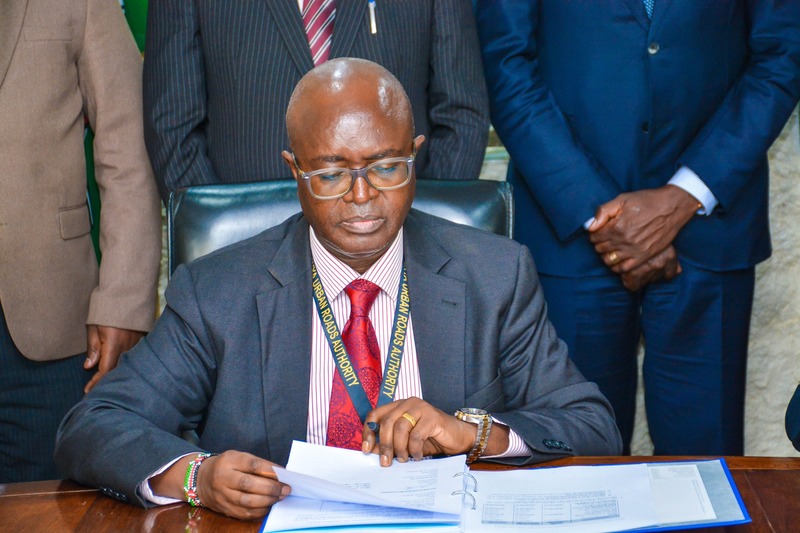Agriculture Ministry blames external factors for drop in 2024/25 KTDA tea payments

Farmers have voiced strong concerns about price disparities between the East and West Tea Blocks, questionable expenditures, excessive sitting allowances by directors running into tens of millions, and weak internal controls that continue to erode farmer confidence.
The Ministry of Agriculture has attributed the fall in the final green leaf payments for the 2024/25 financial year announced by Kenya Tea Development Authority (KTDA) factories to external factors.
This was announced by Agriculture PS Paul Kipronoh Ronoh, who was responding to recent concerns raised by farmers over the drop in bonus payments for that financial year.
More To Read
- MPs demand probe into KTDA over corruption, mismanagement and unfair tea bonuses
- Kenya’s tea industry faces Sh6.5 billion losses as Sudan ban persists
- KTDA explains drop in tea bonus, blames global market and currency changes
- Kenya scraps taxes on packaging materials to boost tea exports
- Kenya records first decline in export earnings since 2019 amid weak tea, coffee sales
- Kenya, Iran form joint committee to resolve tea export ban within 60 days
"It is important to emphasise that this year's lower payments were largely influenced by external market dynamics. The appreciation of the Kenya shilling against the dollar from an average of 144.21 to 129.37, the decline in global tea prices from USD 2.69 to USD 2.46, rising production costs, and the disposal of carry-over stocks at lower prices following the removal of the reserve price have all contributed to the reduced earnings, with some regions, particularly the West of Rift, being more adversely affected," he said.
Farmers have voiced strong concerns about price disparities between the East and West Tea Blocks, questionable expenditures, excessive sitting allowances by directors running into tens of millions, and weak internal controls that continue to erode farmer confidence.
In some areas, like the Mt Kenya region, farmers are reported to have received sh50 per kilo, and in other areas like Kisii and Nyamira, farmers said they received as little as Sh12 per kilo
The PS explained that those who have received only sh10 would receive more, as that was only a fraction of the payment.
He added that farmers have already received an initial Sh23–25 per kilo, bringing the total average payment for 2024/25 to Sh56 per kilo, with the lowest-earning factory paying sh Sh33.58.
Ronoh urged that while there was an urgent need to address governance, accountability, and transparency challenges within KTDA, disbanding it is not the solution.
"What is required is a comprehensive restructuring of its governance and operational framework. Stricter oversight of directors' expenditures, firm limits on allowances and meetings, stronger internal controls, and full financial accountability will be enforced to restore farmer trust. It must also be understood that differences in bonus levels between East and West of Rift are not a matter of discrimination, but of market dynamics linked to quality differentials and cost of production," he said.
Meanwhile, he said the government is addressing these challenges alongside a wider package of reforms that address immediate challenges and ensure long-term sustainability.
They include: the establishment of green leaf quality guidelines/standards to provide the minimum standard of green leaf, the establishment of a Tea Quality Analysis Laboratory in Mombasa to provide a scientific method of valuing tea and validate the quality and safety of Kenyan tea, currently complete and awaiting equipment for operationalisation.
Others include: the implementation of the Strategic Tea Quality Improvement Programme (STQIP) to support factories producing lower-quality teas to meet global standards and the removal of VAT on tea and packaging materials to promote value addition and local packaging at source.
Also included are the provision of subsidised fertiliser to reduce production costs and the recovery of Sh2.7 billion held in collapsed banks to enhance farmer liquidity.
"KTDA is hereby directed to release these funds to the tea farmers not later than October 15, 2025," said the PS.
Over the last year, farmers have also benefited from subsidised fertiliser supplied at Sh2,500 per bag, a Sh2 billion refund on earlier fertiliser costs in December 2024.
"I hereby emphasise that only sustainable, long-term reforms will safeguard the livelihoods of smallholder tea farmers, noting that tea sustains over 10 million Kenyans. Short-term relief is not enough. We must address systemic issues: quality, governance, cost of production, and fair market access if farmers are to truly benefit," he added.
Top Stories Today












































